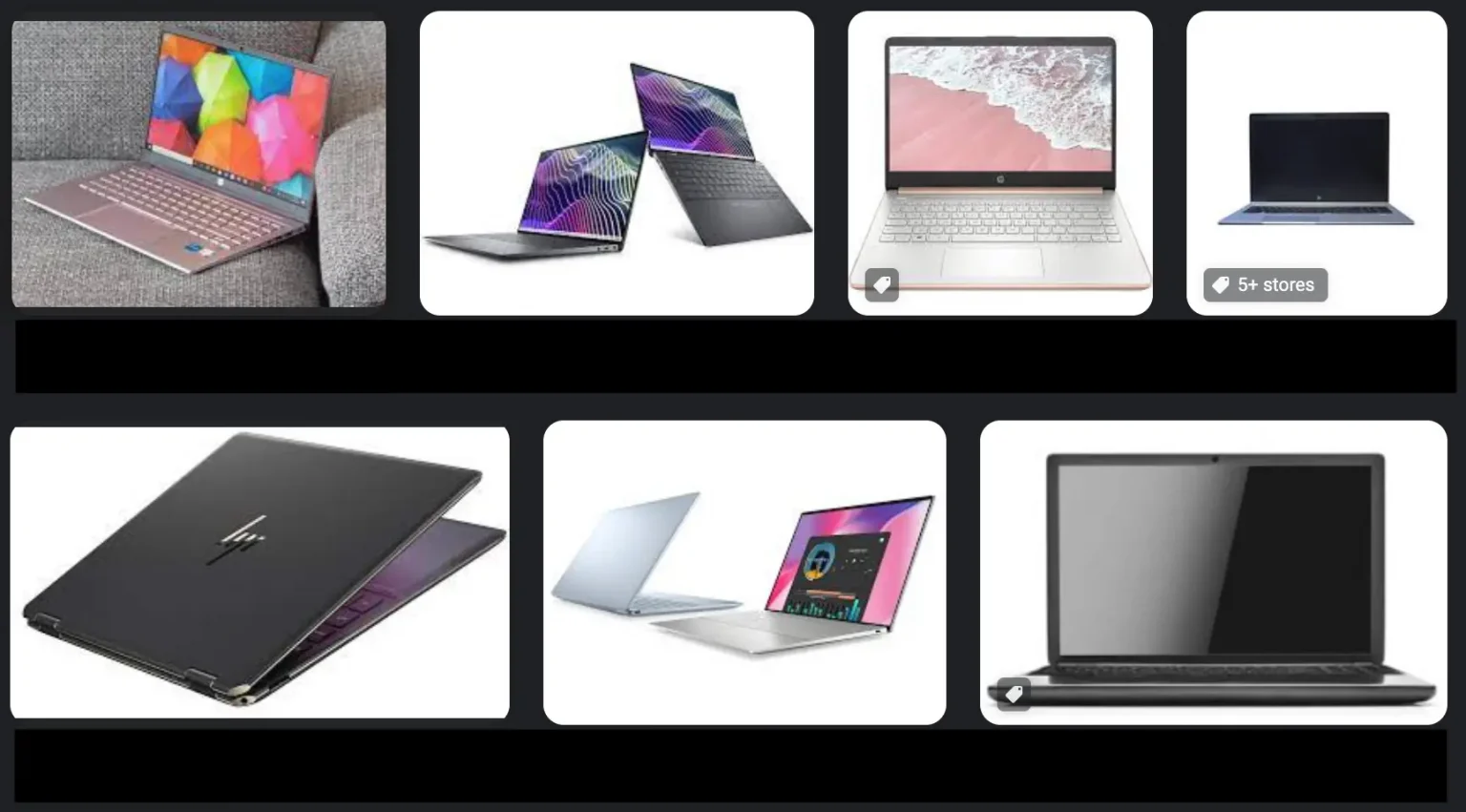- PC and chipmakers, including Advanced Micro Devices (AMD) and Intel, are betting that the so-called ‘neural processing units’ (NPUs) now found in the latest chip designs will encourage consumers to once again pay for higher-end laptops.
- “In the short term, we’ll be focused more on premium PCs,” said McAfee, adding that PCs with advanced AI chips will likely cost between $800 to $1,200.
LAS VEGAS – In an attempt to revitalize the stagnant laptop market post-pandemic, tech giants like Advanced Micro Devices (AMD) and Intel have unveiled a game-changing feature at CES – artificial intelligence (AI). As the industry grapples with persuading consumers to upgrade their pandemic-era laptops, these companies are banking on the integration of “neural processing units” (NPUs) into the latest chip designs to lure users into investing in higher-end laptops. This strategic move is not just about staying ahead in the tech race but also about taking a bite out of Apple’s market share.
Also read: Top 5 most exciting AI products from CES 2024
What’s going on in the computer business
“Customers are increasingly curious about how they can future-proof their PCs for the impending AI wave.”
Sam Burd, president of Dell Technologies’ PC business.
“Customers are increasingly curious about how they can future-proof their PCs for the impending AI wave,” remarked Sam Burd, president of Dell Technologies’ PC business. The introduction of NPUs aims to address this concern, promising enhanced performance for AI functions with relatively modest power consumption.
David McAfee, corporate vice president and General Manager of the Client Channel Business at AMD, emphasized that although there are currently limited applications capitalizing on these capabilities, the industry can expect a surge in AI-centric applications in the near future.
Among the notable applications already leveraging these advanced chips is Adobe’s creative suite of software. This signifies a potential shift towards AI becoming an integral part of everyday computing tasks, providing users with more intelligent and efficient experiences.
At an “open house” hosted by Intel, several PC vendors, including Dell and Lenovo, showcased their latest laptops featuring demonstrations highlighting the prowess of NPUs. The event unveiled a groundbreaking addition to the Windows keyboard – the AI key. A Dell laptop at the showcase featured the “Copilot” key, activating Microsoft’s generative AI software capable of assisting with applications and answering complex questions.
Also read: Intel, Nvidia, AMD: Who is going to win the AI chip race?
More about Copilot
The introduction of the “Copilot” key marks a significant departure from the conventional Windows keyboard layout. Microsoft’s foray into integrating AI directly into the user interface aims to enhance productivity and streamline tasks. However, the current reliance on cloud-based Copilot does pose some latency issues, prompting industry experts to anticipate the need for more powerful machines to bring this capability directly onto PCs.
“In the short term, we’ll be focusing more on premium PCs,” McAfee revealed, hinting that laptops equipped with advanced AI chips might fall within the price range of $800 to $1,200. This places them in the higher echelon of the market, targeting consumers seeking cutting-edge technology and willing to invest in a more seamless AI-powered computing experience.
The integration of AI into everyday computing is not just a luxury but an imminent necessity. The race to capture the market with AI-driven laptops is now underway, with industry leaders striving to redefine the future of personal computing. Only time will tell if this gamble on AI will reshape consumer preferences and propel the PC industry into a new era of innovation.

